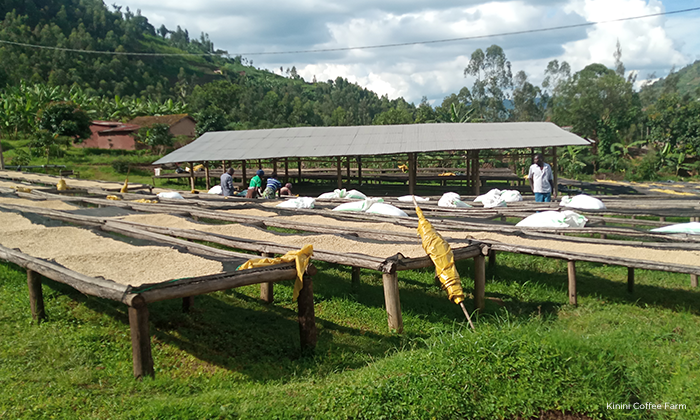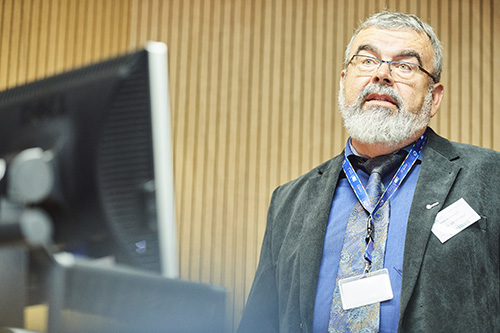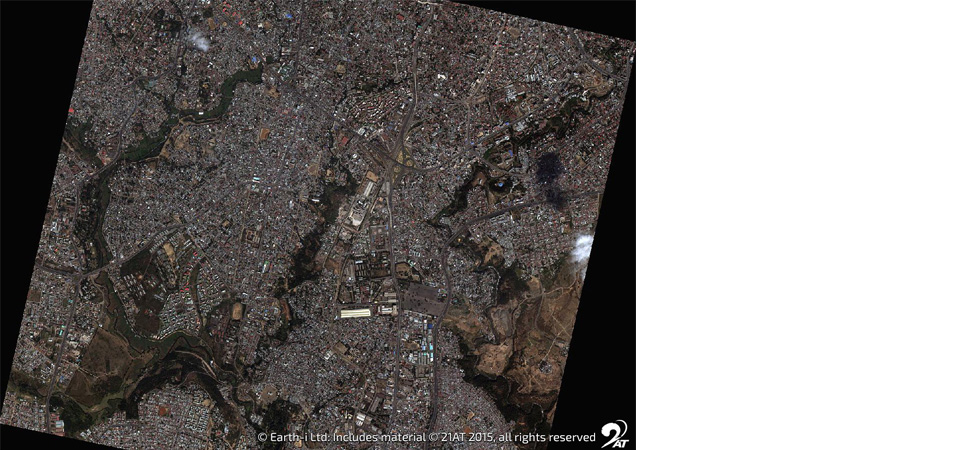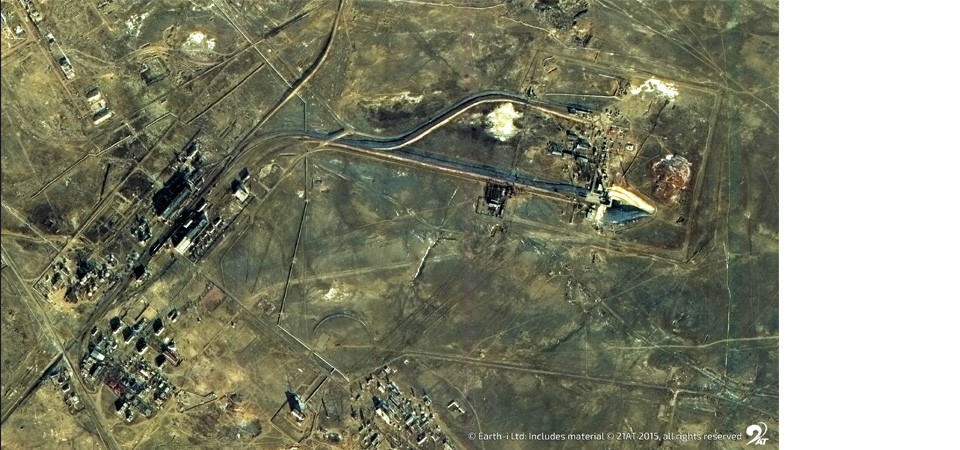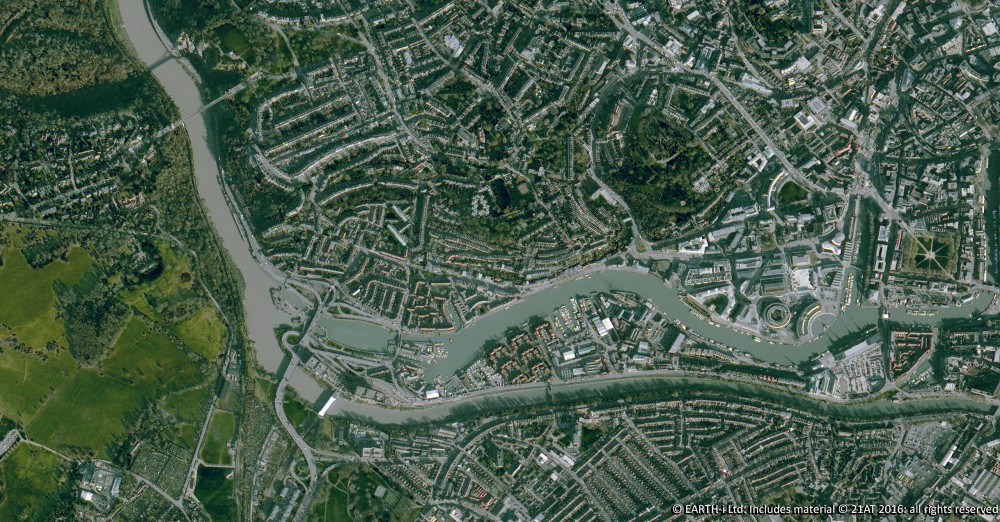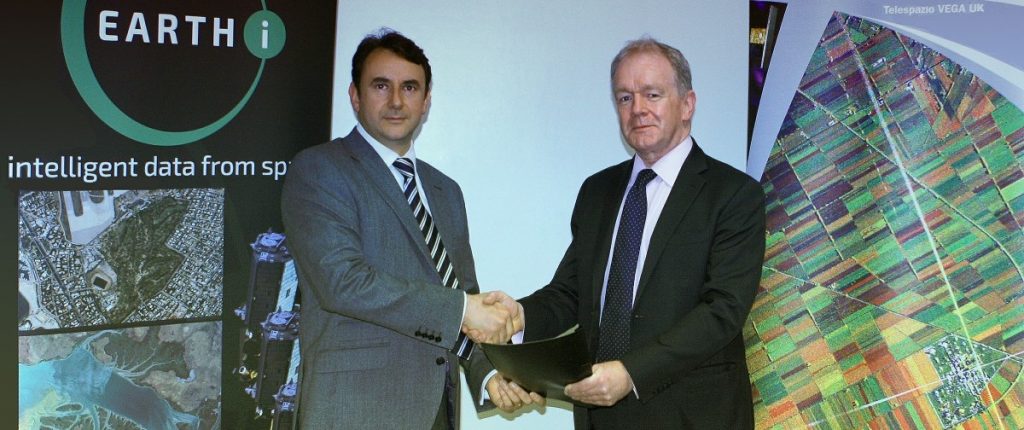Collecting and analysing large amounts of data is revolutionising almost every industry. The surge in accessibility to data means that we have a much greater analytical capacity for almost any process, device, or phenomenon that can be measured. Manufacturers are capturing data about each and every step in their production in order to maximise its efficiency. We are in the midst of the Fourth Industrial Revolution, with the adoption of the Internet of Things, and this revolution is expected to impact upon all disciplines, industries, and economies.
Today, big data is making its mark on agriculture, and it will become increasingly important in driving decision-making and food security. The global agriculture analytics market is expected to grow to over $1.2 billion by 2023, with farmers and agribusinesses looking to increase yields, create predictive models, and track the supply of crops.
The increasing demand for food is already bringing together policymakers and agribusinesses to tackle the threat posed to global food security from the impact of climate change. There is a growing realisation that that producers, large and small, must be equipped with the appropriate enabling technologies that will help them meet this demand and ensure sustainable food supply.
As big data accumulates around different crop types, and over several years of production, patterns in the data reveal issues that will affect future food security for essential or economically important crop types. The application of machine learning and AI is developing predictive algorithms that will identify trends and problems in key growing areas, such as with the health of crops over a growing season, declining yields over time, or the impact of climate change and weather patterns on sustainable production. Such advanced data analytics can identify such challenges even before such problems have fully manifested themselves on the ground.
In its simplest form, better data drives better crop management decision-making for farmers, which is crucial to sustainable agriculture. There are few crops for which this is truer than coffee. Coffee farmers, the vast majority of which are smallholders, have to make a series of important decisions during the coffee growing season. This is especially the case in Africa, where almost all of the coffee produced is of the Arabica variety and grown by smallholder farmers. Arabica requires more careful management than the more durable Robusta variety and crop management techniques are in urgent need of modernisation in the face of the impact of climate change.
An example of these decisions includes whether or not to apply an input, such as a fertiliser, pesticide or fungicide, as well as the timing of the application of the input to deal with less predictable weather patterns. An untimely or inaccurate application can risk a reduced coffee yield, or greater susceptibility to pests and diseases, so timeliness and accuracy is crucially important.
ACCORD optimises the impact of these agricultural inputs, using a combination of GPS mapping of fields, satellite imagery and highly-accurate and localised weather forecasting to alert farmers to precisely the right time to apply inputs to their coffee trees, amongst other crop management advice. Complex technology and advanced data analytics combine to optimise crop management decisions by smallholder farmers, ultimately reducing sophisticated data analytics to simple, but highly effective, SMS alerts. By understanding the context and conditions in which African farmers work cutting-edge technology is delivered as a straightforward, actionable message, enabling farmers to deliver better quality coffee and higher yields, despite the impact of climate change.
With 25 million smallholder coffee farmers worldwide (8.8m of them in East Africa) the potential benefit for the coffee industry of such a farmer-friendly and highly cost-effective service is vast. The potential benefits from the aggregation of data from a widely implemented service is similarly vast. When ACCORD data from a large number of coffee farms, or a whole region of coffee growers, is brought together, the resulting dataset provides powerful insights into coffee farming over a large area. For example, it can give an overview of the yields of multiple farms, which could act as a powerful predictive tool on a regional scale. This data can be analysed, and the appropriate action be taken, to help smallholder coffee farmers produce more high quality Arabica coffee, maximise their incomes and deliver a more reliable supply.
“I truly believe we are on the brink of a major transformation in the way smallholder farming is analysed and understood by coffee buyers and organisations at all stages in the supply chain” said Jonathan Sumner, product lead on Earth-i’s ACCORD programme. “Technology has the power to equip farmers to withstand the impact of unpredictable weather, but the significance goes far beyond that. Businesses in the supply chain need sustainable supply just as much as smallholder farmers need sustainable incomes and livelihoods. I believe the integration of small producers into the supply chain, in a way that has never happened before, is possible to achieve towards the mutually-beneficial goal of smallholder sustainability and food security. All of this is made possible by our ability to map hundreds of thousands of small fields from space, analyse and monitor crop health, predict yield and any time in the growing season, and equip farmers to maximise yield despite climate change.”
Insight on this scale facilitated through ACCORD data analytics could form an integrated solution for cash crops grown by smallholder farmers the world over, and for the supply chains that deliver their produce into the world markets. Awareness and insight on this scale will provide trace-ability and transparency throughout the supply chain, ensuring the enormous contribution of smallholder farmers is fully understood and recognised, and their role in providing a sustainable and secure food supply is more energetically supported. In turn, organisations with operations on a global scale, such as traders and importers, will be able to gain a region-wide view of predicted coffee yields, helping them make smart trading and purchasing decisions, and formulate more effective policies for long term market sustainability.
In this scenario – everyone wins.
To find out more, visit www.earthi.space/accord.
To download the new brochure, visit: content.earthi.space.
Earth Observation specialist brings over 25 years technology and applications experience to company offering daily high-resolution imaging and data…

